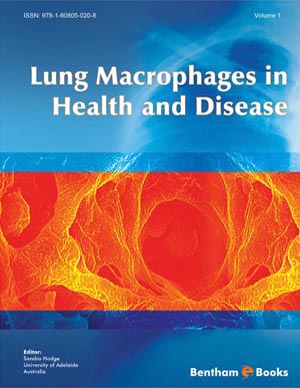Abstract
Macrophages contribute to both initiation and resolution of inflammatory processes. These cells of diverse functional activity participate as both effectors and affectors in host tissue development, homeostasis and response to injury. Survival and function of the macrophage is dependent on colony stimulating factors granulocyte colony stimulating factor (GM-CSF) and macrophage colony stimulating factor (M-CSF). These colony stimulating factors play a significant role in defining the phenotype and activity of macrophages through regulating the expression of transcription factors PU.1 and peroxisome proliferator activator receptor gamma (PPARγ). Recent data suggests that alveolar macrophages are not passive participants in immune responses and that the status of “macrophage activation” defines the phenotype of the ensuing innate and adaptive responses. The status of alveolar macrophage activation, including cytokine production, phagocytosis, and antigen presentation, orchestrates the intensity and duration of the immune response. This chapter summarizes the perspectives of colony stimulating factor regulation of macrophage activity in immunity and pulmonary homeostasis.






















